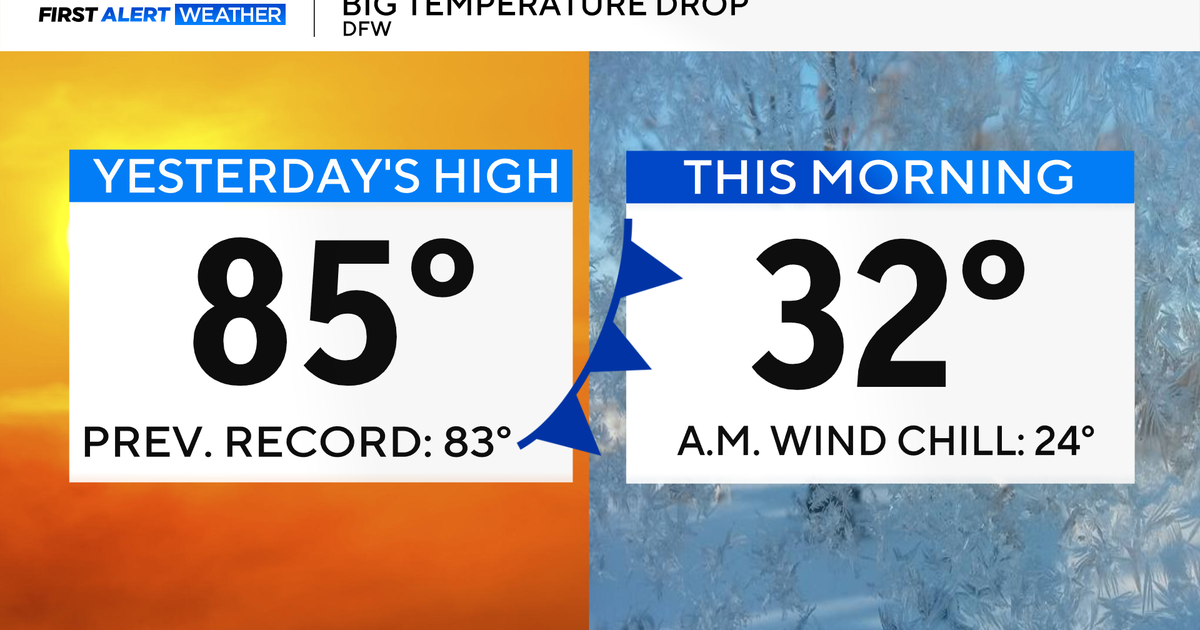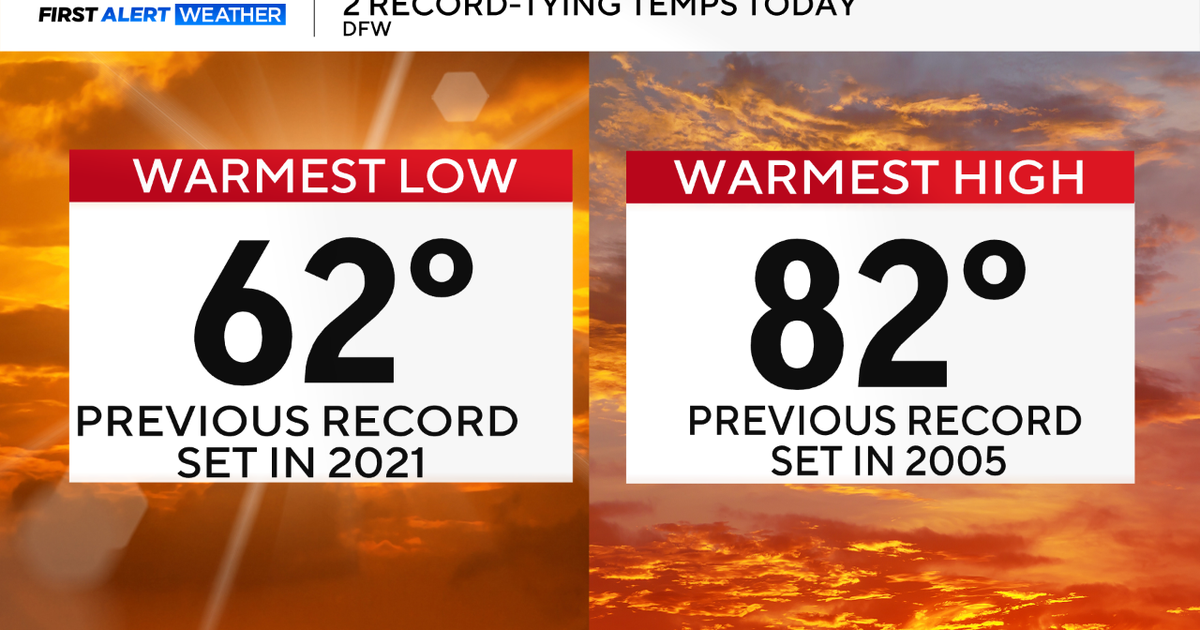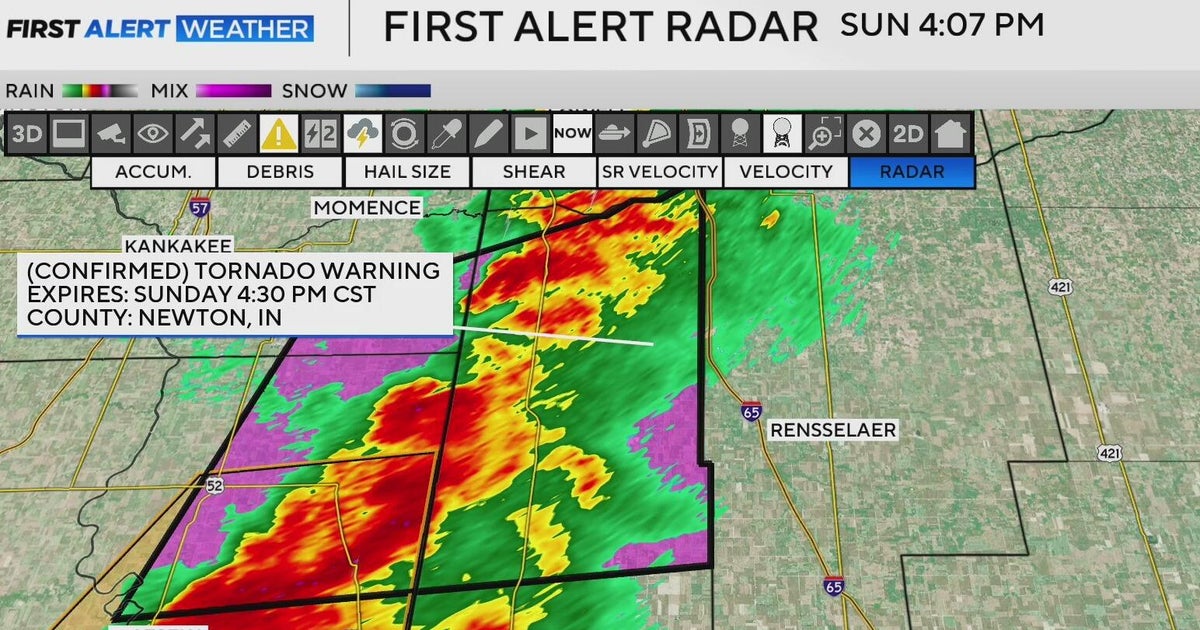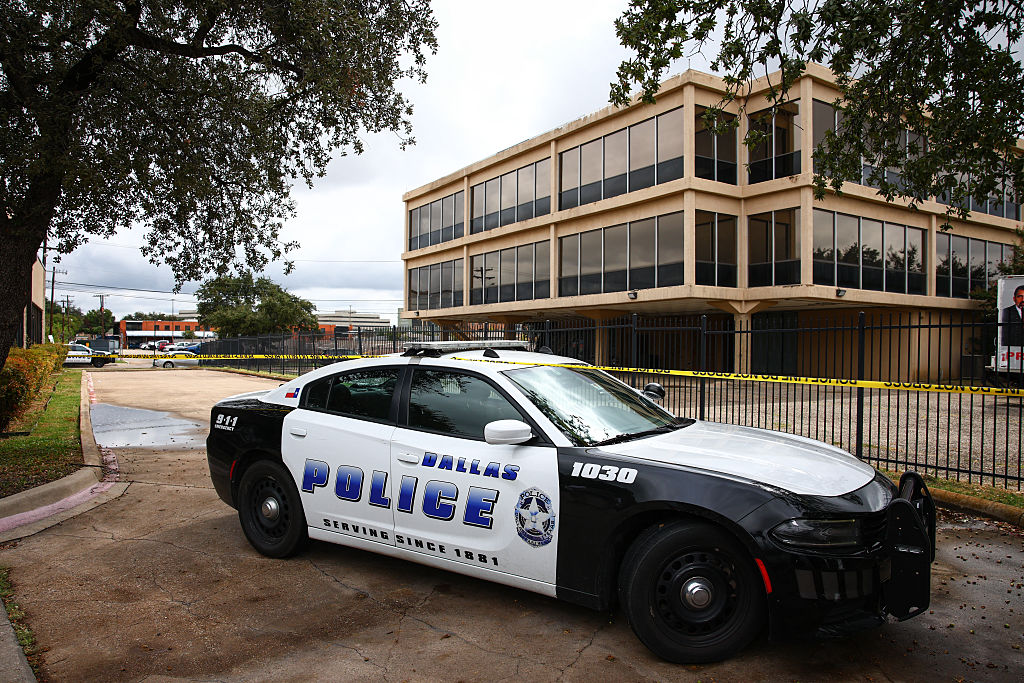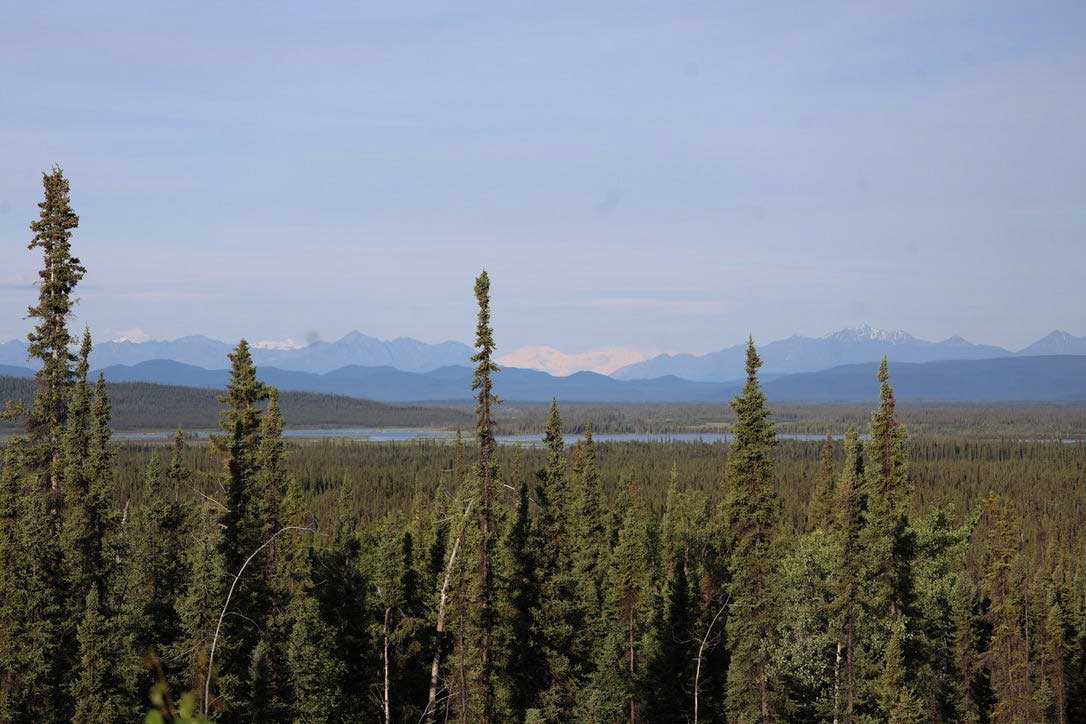Temperature in Alaska drops to minus 59
ANCHORAGE, Alaska -- Cynthia Erickson woke up early, hoping her four furnaces were working.
She owns a grocery store and the building that houses the post office in the village of Tanana, Alaska, which ranked as the coldest place in the state Wednesday. The official temperature at the airport with a single gravel runway was minus 54 degrees. Nearby, along the Yukon River, it was 5 degrees colder.
“Fifty-nine below on Front Street in Tanana, Alaska,” she said, laughing. “It’s just miserable. I hate everybody who lives in a warm place.”
A cold snap gripping interior Alaska is bothering even longtime residents such as Erickson. She didn’t see a customer until 25 minutes after she opened her store, where the furnace was operating despite the cold.
“I’m good because I watch the temperatures and prepare in advance,” she said. “Last week I got my stock in. I’m good. I’m not a last-minuter. Living your whole live in Alaska for 53 years, you’ve got to think ahead.”
Planes were not flying in the village 130 miles west of Fairbanks, Alaska’s second-largest city. The cold also kept cars off the road, Erickson said. People instead were walking, bundled up like the little brother in the movie “A Christmas Story.”
She’s hoping for a break in the weather -- perhaps a balmy minus 20. Temperatures are forecast to remain cold into Friday.
“I want to leave,” she said. “My teeth are frozen to my lips.”
A very cold, low pressure trough moved into Alaska from Siberia, said Christopher Cox, lead meteorologist for the National Weather Service in Fairbanks.
“The western Interior has been experiencing the 40s and 50s below for the last couple of days,” he said. “Here in Fairbanks, we’ve had some clouds that protect us. The clouds parted yesterday afternoon and the temperatures have plummeted.”
Fairbanks International Airport reached -50 Wednesday, the first time since Jan. 29, 2012, Cox said.
The city craves clouds when it gets so cold. From November through January, Cox said, sunlight has virtually no effect on temperatures. Clouds, however, provide an insulating layer reflecting back heat generated by the Earth’s crust.
“Think of it as a blanket,” Cox said. “If you have no clouds, there’s nothing to stop that radiation from escaping to outer space.”
Last winter, the low in Fairbanks never reached minus 30, but that’s not typical. Fairbanks averages 11 to 12 days of temperatures that reach 40 below zero or colder, Cox said.
Schools operated as usual. Children enjoy recess outside until it hits minus 20, according to Fairbanks school district policy.
“If it’s 19 below, they go out,” Lori Kunz, school secretary at Denali Elementary. Attendance dropped Wednesday, when recess inside was the plan, Kunz said.
The extreme cold takes a toll on cars and water pipes. Tires flatten on the bottom, leading to a bumpy ride until they snap back into shape. Changing a tire, and spinning a metal lug nut, can frostbite a bare finger. If a furnace fails, water pipes can freeze and then burst when they’re thawed.
In Tanana, Erickson said, propane gelled in the cold, making cooking stoves impossible to use. People were shopping at her grocery store for items they could cook on woodstoves. But most people had water because of heating cable or tape on water lines, she said.
Tanana also has been blessed with abundant snow.
“That really helps with the insulation,” Erickson said. “Everybody banks their houses. It helps with pipes, water lines and fuel lines.”
The mental wear and tear may be the worst part. Erickson said she had to look at summer pictures of boats, blueberries and kids swimming to help her make it through the day.
“The only good thing about this is when you’re 53 years old and you get hot flashes, you stay warm,” she said.
